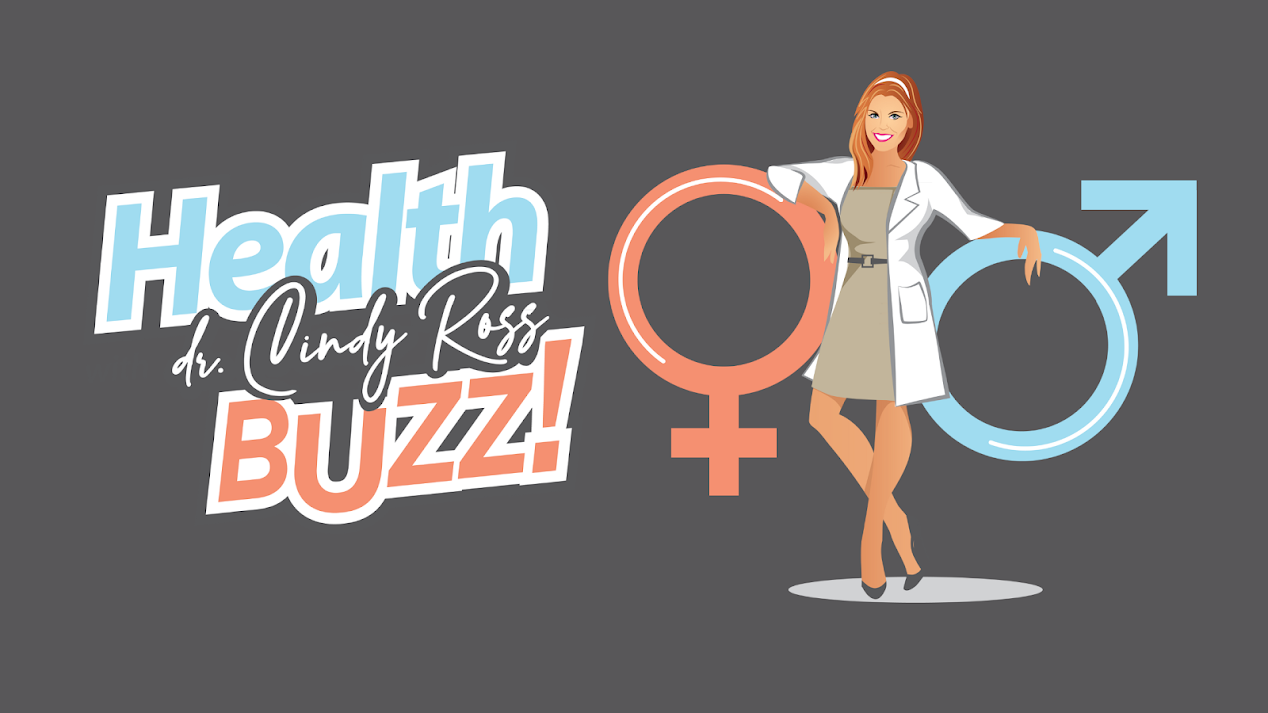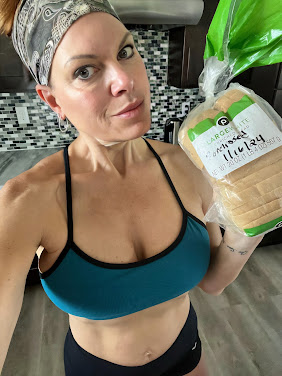Exposing the Reality Behind Supermarket Sliced Bread
We purchased this bread on Jan. 16 to feed the fish in the canal. We tossed it on the table outside and after a week we noticed it was still soft and no mold. That’s when Jason and I decided to do a little science experiment lol
Today is March 18, so 63 days still soft and without mold. So what does this mean? First of all, its not made for human consumption LMAO
Seriously though let’s dive into what we are actually putting into our body by buying supermarket bread.
Exposing the Reality Behind Supermarket Sliced Bread
In a televised advertisement in Spain, a celebrity showcases sliced bread, boasting its ability to remain fresh from the first slice to the last. Sounds appealing, right? No more dealing with stale slices after a couple of days – pure convenience!
But hold on a moment. Shouldn't we be questioning the unnatural longevity of supermarket bread? If it stays fresh for unusually extended periods, doesn't that raise some concerns?
Let's delve into the composition of the bread lining our supermarket shelves. By examining the facts, you can decide for yourself whether sliced bread is a breakfast staple or a choice better left to the birds (or fish in our neighborhood).
Chemical Manipulation and Nutrient Depletion
Contrary to what one might assume, the whiteness of white bread isn't a natural attribute of the flour. It's achieved through chemical bleaching, resulting in a brighter, more appealing shade. However, this process comes at a cost – the destruction of essential vitamins and the residue of toxic chlorinated hydrocarbons and dioxins.
The Paradox of Enrichment: Stripping Away the Goodness
During the refinement process, which converts grain into refined white flour, over 30 vital nutrients are stripped away. These include significant percentages of Vitamin E, Folic acid, Biotin, Vitamin B6, and numerous minerals and trace elements.
Synthetic Enrichments: A Dubious Solution
To compensate for the lost nutrients, synthetic additives such as vitamins B1, B2, B3, and iron are introduced. However, this isn't a mere restoration of what was removed; it's an addition of substances not naturally present in the flour.
A Blend of Chemical Additives
The list of additives doesn't end there. Flour "improvers," dough conditioners, and preservatives are added to enhance shelf life. This includes a dizzying array of substances like E150 (a-d) Caramel, E481, E472e, E920, E282, E220, E261, and more, all aimed at prolonging freshness.
Hidden Processing Aids
Beyond what's listed on labels, additional chemicals categorized as "processing aids" are utilized. These include enzymes like Phospholipase A2, Fungal a-amylase, L-cysteine, to name a few, each serving specific purposes but potentially sourced from questionable origins.
The Labeling Deception
Much of what is labeled as "whole-wheat bread" may not actually be whole-wheat. Instead, it's often refined white bread with added brown coloring, listed as caramel. Despite the misleading labeling, the product may lack the essential components of true whole wheat.
In conclusion, the truth about supermarket sliced bread reveals a concoction of chemical manipulation, nutrient depletion, and deceptive labeling practices. Whether it's a wise choice for your breakfast table is a decision definitely worth scrutinizing.



